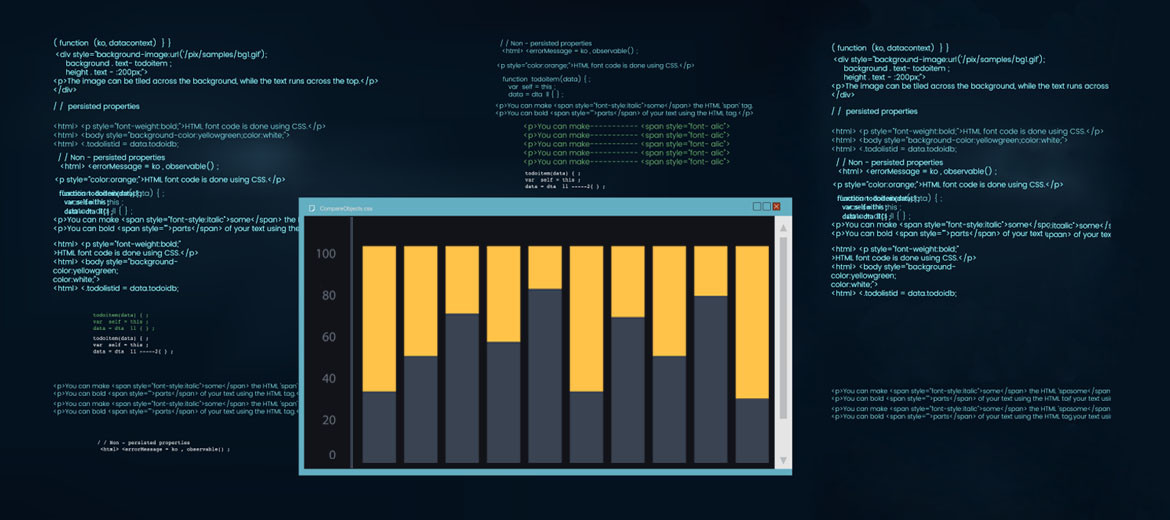Amid a possible recession, IT budgets are not expected to grow as much this year as they did in 2022, and IT buyers are rethinking the number of vendors on their payroll.
CIOs should prepare for a 3.6% drop in IT spending this year, warns analyst Forrester. The budget is set to grow after 2024 as enterprises step up technology-led business projects and initiatives.
According to Forrester, several external factors contributed to lower IT spending growth. These include the Russia-Ukraine war, high inflation and the devaluation of the euro and the pound sterling against the US dollar.
The Forrester ReportEuropean Tech Market Forecast, 2022-2027 highlights the impending recession in Europe. The economies of Germany, Italy and Sweden are expected to experience declines in real gross domestic product (GDP) in 2023 as their economies head into recession. Referring to Bank of England forecasts, Forrester said the UK economy is likely to remain in recession for most of 2023 and the first half of 2024. According to Forrester, UK GDP is likely to comes back gradually.
From the perspective of IT leaders, Forrester believes that organizations will want to focus their technology spending on how they can achieve cost savings and operational efficiencies.
The Forrester report highlights several areas where government regulation in Europe could impact the progress of cloud adoption. For example, Forrester said that in Ireland, balancing the power demand of homes and data centers allows power-intensive workloads to run only during off-peak hours, when demand on the power grid is, in generally smaller.
The fear of recession will force many businesses to cut spending on IT services. However, Forrester estimates that by 2024, 90% of the growth in technology spending will come from software and services, as cloud adoption will drive growth, with the rest of the growth coming from computing and communications equipment.
Because of the pandemic, many organizations have made strides in digitizing, streamlining tasks and using automation.Continuing the trajectory of digitization, IT leaders are now being asked to tackle increasingly complex projects at a time when IT budgets are growing more slowly.
The skills gap will also affect how organizations approach technological innovation, with Forrester warning that there is not enough of a European workforce with science, technology, engineering and mathematics (STEM) skills. For example, it is predicted that by 2030 there will be an 11% shortfall in the technical skills needed in the European chemical industry. Automotive manufacturing is another sector that will be affected because it relies heavily on software innovation, with Forrester citing a lack of large technology service providers in Europe, which has led automaker Volkswagen to develop 60 percent of its software for vehicles within the company.
The economic outlook will improve after 2024, which will spur new technological innovations. Forrester predicts that between 2024 and 2027, technology spending in Europe will be driven by higher-value business activities, greater investment in cybersecurity, use of the business cloud, IT services related to software and data and the growth of private financing and venture capital.


